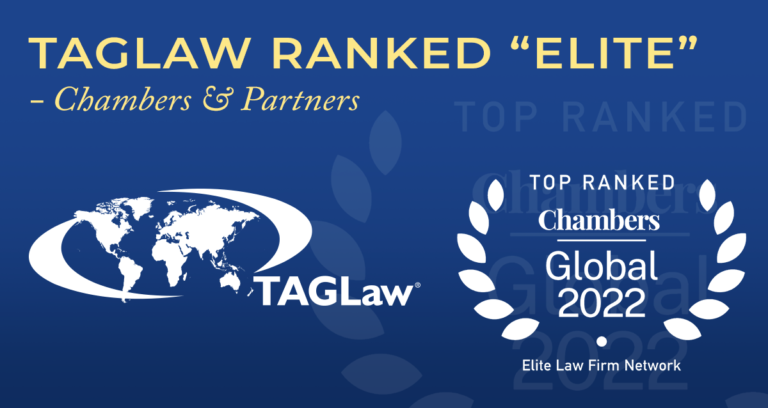On incorporation of a company under either the Companies Act 1931 (the “1931 Act”) or the Companies Act 2006 (the “2006 Act”), the memorandum and articles of association of the company must be filed with the Isle of Man Companies Registry (“Registry”) and will be registered and retained by the Registry on the file for the company. Accordingly, the memorandum and articles of association are public documents and are open to public inspection.
These two documents form the main governing or constitutional documents of the company and will be binding between the company and its members, and each member of the company.
Memorandum of Association
The memorandum of association (the “memorandum”) of any company is essentially the document which establishes the company and contains key information, including:
- the name of the company;
- the address of the company’s registered office in the Isle of Man; and
- the type of company, its share capital and members’ liability, as applicable.
Although substantially similar, the requirements for a memorandum for a 1931 Act company and a 2006 Act company do slightly differ, for instance, the name of the first registered agent of the company should be stated on the memorandum for a 2006 Act company. The requirements to amend the memorandum of a 1931 Act company and a 2006 Act company also differ (discussed below).
The memorandum should be signed by each initial subscriber of shares in the company, in the presence of at least one witness.
Articles of Association
The articles of association (the “articles”) of a company essentially form the rules in accordance with which the company must be governed, for instance, in respect of how voting should be conducted and the procedures for transferring or issuing shares. Model articles could be adopted, as per Table A of the Companies (Memorandum and Articles of Association) Regulations 1988 in respect of 1931 Act companies or the schedules to the Companies (Model Articles) Regulations 2006 in the respect of 2006 Act companies, or a bespoke set of articles could be adopted. Any new member of the company would be automatically bound by the articles.
In addition to articles (which are mandatory), a shareholders’ agreement may also be entered into between the shareholders, or the shareholders and the company. Similarly to articles, the purpose of a shareholders’ agreement is to outline the operation of the company. A shareholders’ agreement is however not a legal requirement, is usually a private agreement which is not publicly available and can contain any provisions which the parties seek to include. It should also be noted that any new shareholders would not automatically be bound by a shareholders’ agreement and in the case of any conflict between the articles and a shareholders’ agreement, unless the shareholders’ agreement states otherwise, the articles would take precedence.
Amendments to Constitutional Documents
The memorandum and articles of a 2006 Act company can be amended relatively easily, by:
- resolution of the members, subject to any restrictions in the memorandum and articles; or
- resolution of the board of directors of the company, except in specified circumstances, such as where the amendment is to restrict the rights or powers of the members to amend the memorandum or articles.
Amendments to the memorandum or articles of a 1931 Act company are slightly more complex. The memorandum and articles of a 1931 Act company may only be amended by special resolution of the shareholders – the directors cannot resolve to amend the articles – and may be subject to certain restrictions set out in the 1931 Act.
Notice of any amendment to the memorandum or articles of a 1931 Act or 2006 Act company, along with the amended memorandum or articles, must be filed at the Registry within one month of the amendments being approved.
If you would like further information on this subject please contact Rachel Winterbach or Kim Emery.
Rachel Winterbach
download a PDF version of this article here
Disclaimer
The information and/or opinions contained in this article is necessarily brief and general in nature and does not constitute legal or taxation advice. Appropriate legal or other professional advice should be sought for any specific matter. Any reliance on such information and/or opinions is therefore solely at the user’s own risk and DQ Advocates Limited (and its associates and subsidiaries) is not responsible for, and does not accept any responsibility or liability in connection with any action taken or reliance placed upon such content.







